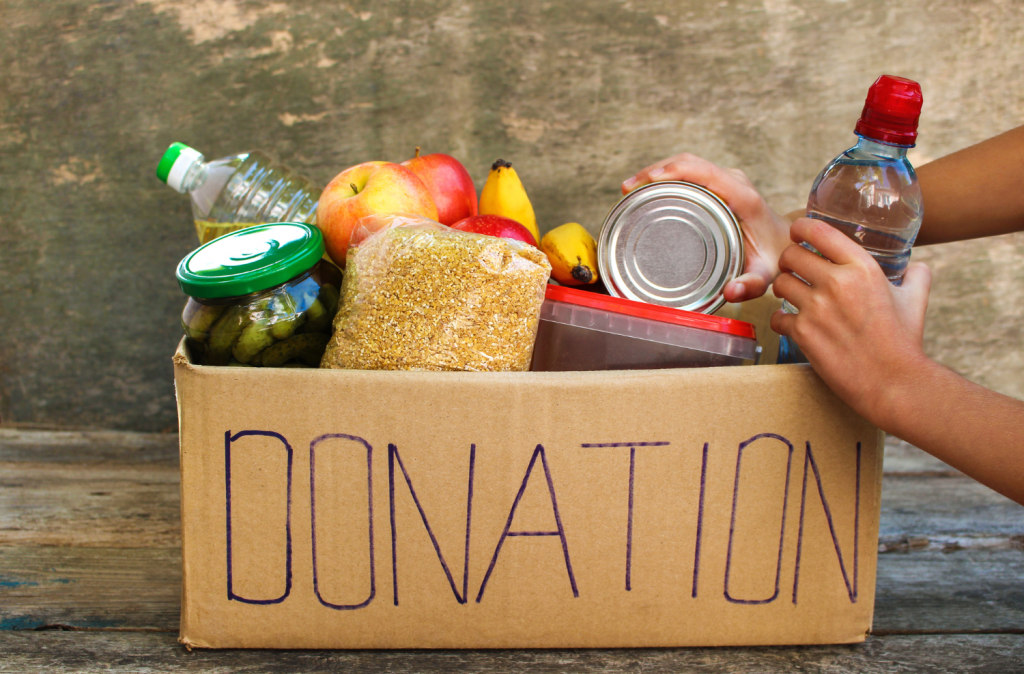
During the holidays, we tend to think more about people in need. That’s why food banks see
skyrocketing donations between Thanksgiving and Christmas and nonprofits get a boost in
volunteers. But while all charity is commendable, it doesn’t all have the same impact. With a
little planning, you can ensure your contribution does the most possible good. Here are five tips
from Nashville’s leaders in the fight against hunger.